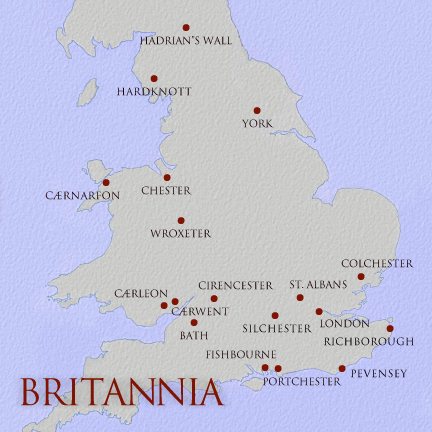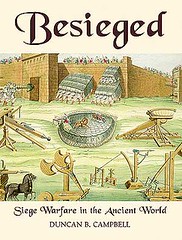I recently stumbled across a web page which purported to record the Roman ruins of Britain. Here's the accompanying map of Roman Britain!

Now, admittedly, as the sponsor of the Antonine Wall, I may be slightly biased. But I'm absolutely positive that the reach of Rome did not stop at the wall of my illustrious parent, Hadrian.
In fact, there were more than a few enclaves of Romans (admittedly, often barbarians in the pay of Rome, but supervised by fully accredited citizen officers) dotted around the Scottish lowlands for centuries.
But, most amusingly, if you click on any of the placenames on this map (in its original web location, of course), you are whisked off to a page about St. Albans, a town only marginally further north than Watford.
Roman ruins in Britain? I don't think so!
